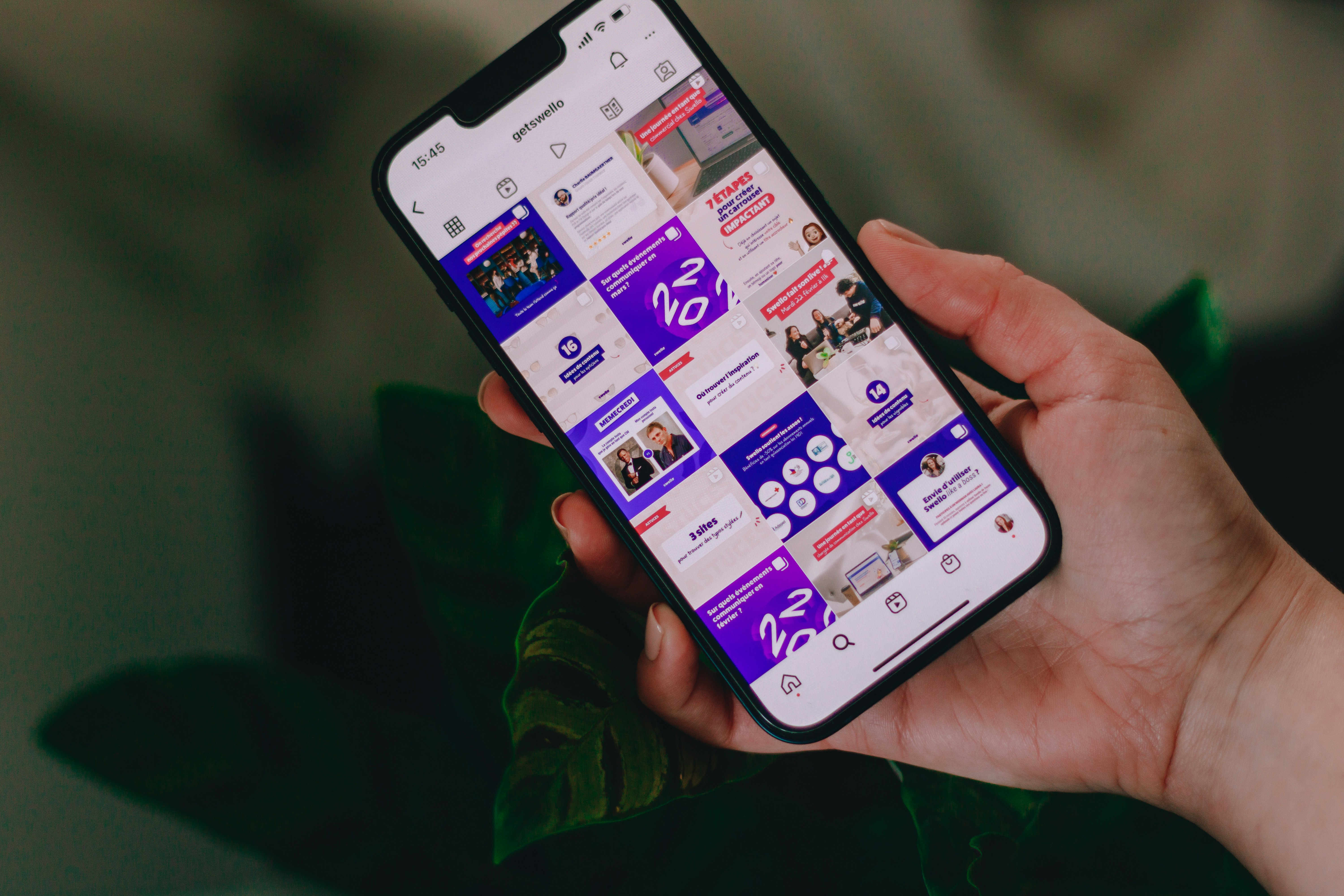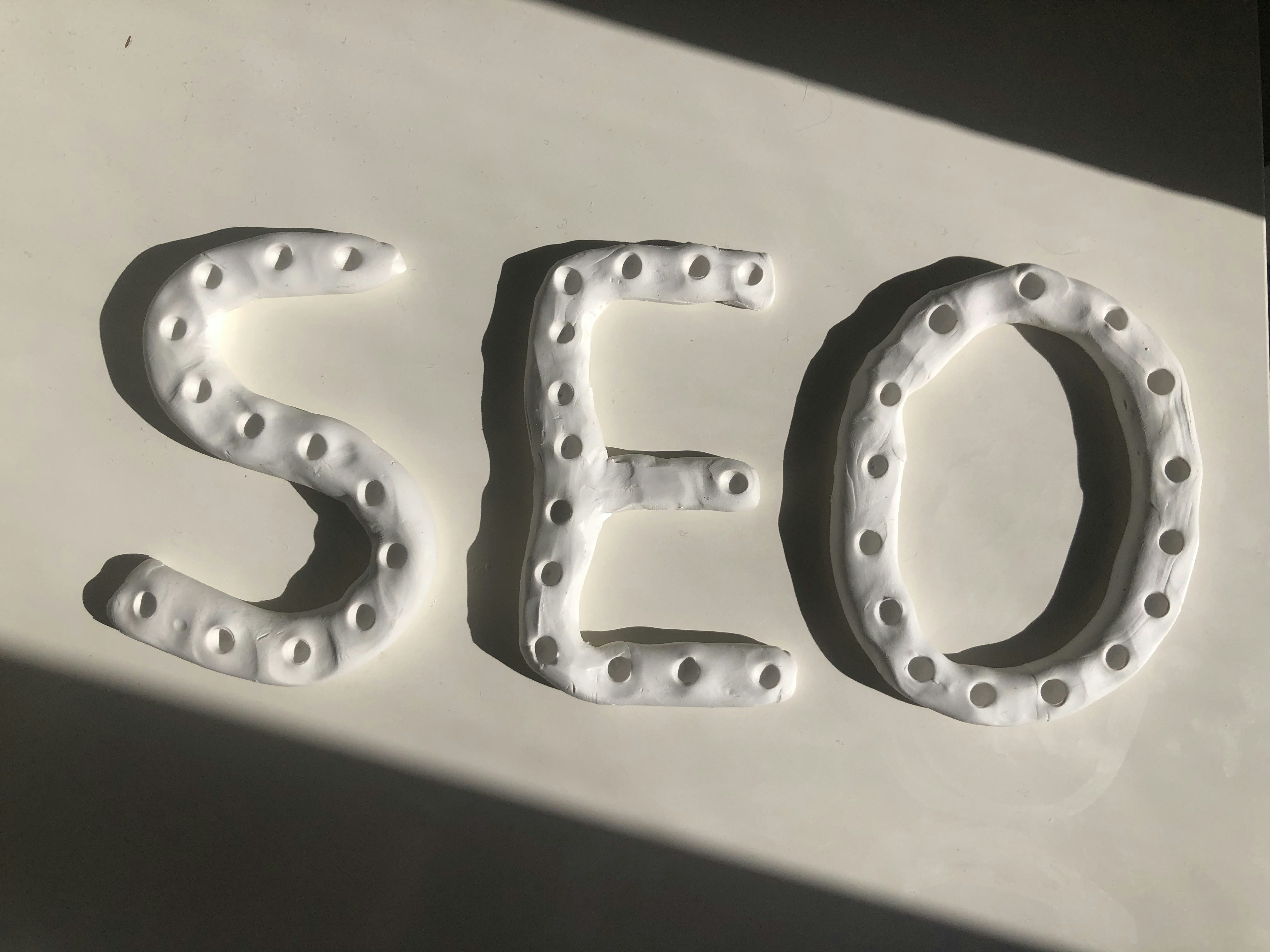Understanding the Dubai Digital Landscape The digital landscape in Dubai presents a distinctive environment influenced by the city’s rapid economic growth and technological advancement. With the increasing penetration of internet usage, Dubai has transitioned into a hub for digital innovation. Reports indicate that internet usage in the UAE has seen significant growth, with over 99% of the population being active online users. This widespread connectivity has paved the way for a dynamic market ripe for digital marketing strategies. Mobile optimization has emerged as a critical factor in this landscape. With a majority of users accessing the internet through mobile devices, businesses must prioritize mobile-friendly websites and content that adapt seamlessly to varying screen sizes. The need for effective mobile optimization in Dubai cannot be overstated; studies suggest that mobile commerce is surging, representing an essential channel for businesses aiming to reach their audience effectively. A failure to consider mobile optimization can result in lost opportunities, as users increasingly expect responsive and engaging mobile experiences. Furthermore, cultural factors play a significant role in shaping online behavior in Dubai. This cosmopolitan city houses a diverse population comprising various nationalities and cultures, influencing how individuals engage with digital content. Understanding local customs, language preferences, and consumer behavior is vital for businesses seeking to implement effective SEO strategies. Tailoring content to resonate with both local and expatriate communities will not only enhance audience engagement but will also improve visibility in search engines. As UAE’s digital landscape is unique, traditional SEO strategies must be adapted to address these local nuances and cultural sensitivities that are inherent to the region. Keyword Research Tailored for Dubai Audiences Effective SEO strategies begin with thorough keyword research, especially in a dynamic market like Dubai, where cultural diversity influences consumer behavior. To create an impactful SEO plan, it is crucial to identify keywords that resonate with the local audience. Start by understanding the unique characteristics of Dubai’s population, which comprises a blend of expats and locals speaking various languages, including Arabic and English. This understanding will guide the selection of keywords that appeal to different demographic segments. Utilizing various tools can significantly enhance your keyword research process. Popular platforms such as Google’s Keyword Planner, SEMrush, or Ahrefs can provide valuable insights into search volumes and competition levels for specific terms. It is advisable to explore local trends using Google Trends, particularly isolating results for the UAE. This approach will shed light on regional preferences, enabling marketers to capture trending terms that are relevant to Dubai’s unique market. Incorporating local terminology, idioms, and phrases commonly used by residents can further refine this process. Handling multilingual search queries is another essential aspect of keyword research in the context of Dubai. Given the city’s multicultural landscape, many users may search for services or products in both English and Arabic. Therefore, it becomes imperative to optimize content for both languages. A dual approach ensures reach across various segments of the population without disregarding non-Arabic speakers who may still require Arabic content. Tools that support language-based keyword discovery will aid in identifying effective terms and phrases to target specific audiences. In conclusion, customizing keyword research for Dubai involves understanding the local culture, utilizing the right tools, and addressing the multilingual nature of the market. These strategies will contribute significantly to the development of an effective SEO strategy capable of engaging the diverse audience in Dubai. On-Page SEO Optimization Techniques for Dubai On-page SEO optimization plays a crucial role in enhancing the visibility and relevance of websites targeting audiences in Dubai. Effective on-page techniques include optimizing elements such as meta tags, headers, and content to align with the preferences and behaviors of the local audience. One of the fundamental practices is refining title tags and meta descriptions, ensuring they not only contain relevant keywords but also resonate with the culture and interests prevalent in Dubai. Incorporating local terms and phrases can significantly boost engagement and click-through rates. Headers should be strategically utilized to structure content and incorporate relevant keywords naturally. H1 tags need to reflect the main topic succinctly, while H2 and H3 tags can be employed to break down subtopics, facilitating easier navigation for users. Given that user experience (UX) is paramount in today’s digital environment, it is essential to create an intuitive layout that allows visitors to easily find information relevant to their needs. Furthermore, the content itself must be engaging and informed by local context to ensure it resonates with Dubai’s diverse population. Localized content that integrates regional references and cultural nuances enhances relatability, which is vital for building trust and fostering relationships with audiences. For instance, incorporating familiar landmarks, cultural events, or even local dialect can make the content more appealing and relatable. In addition, the significance of mobile optimization cannot be overstated, as many users in Dubai access websites via mobile devices. Ensuring that your website is responsive, loads quickly, and provides a seamless browsing experience is critical for retaining visitors. Ultimately, by applying these on-page optimization techniques, websites can enhance their search engine rankings and provide a satisfying user experience tailored to the unique landscape of Dubai. Building Quality Backlinks in the Dubai Market In the competitive landscape of Dubai’s digital market, acquiring high-quality backlinks is a crucial strategy for enhancing search engine rankings. Backlinks serve as endorsements from other websites, signaling to search engines that your content is credible and valuable. Focusing on local partnerships can significantly boost your backlink profile. Collaborating with Dubai-based businesses, influencers, and media outlets not only helps in securing backlinks but also elevates your brand’s visibility within the local community. Outreach methods play a vital role in obtaining these quality backlinks. Start by identifying key players in your niche in Dubai—such as bloggers, industry experts, and local news outlets. Construct personalized outreach emails that highlight mutual interests, promoting collaboration opportunities such as guest blogging, co-hosting webinars, or simply exchanging links. Be sure to articulate the value your collaboration brings to them, enhancing the chances of a successful partnership. Moreover, engaging with Dubai-based digital
Learn More





